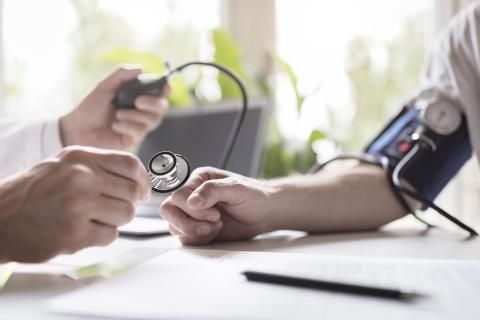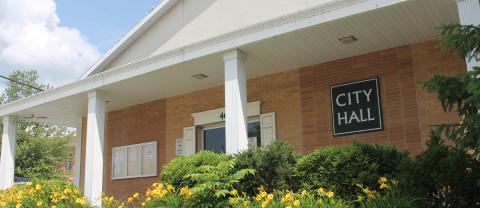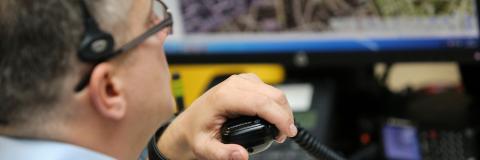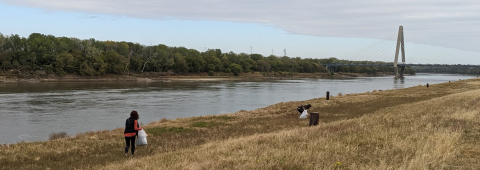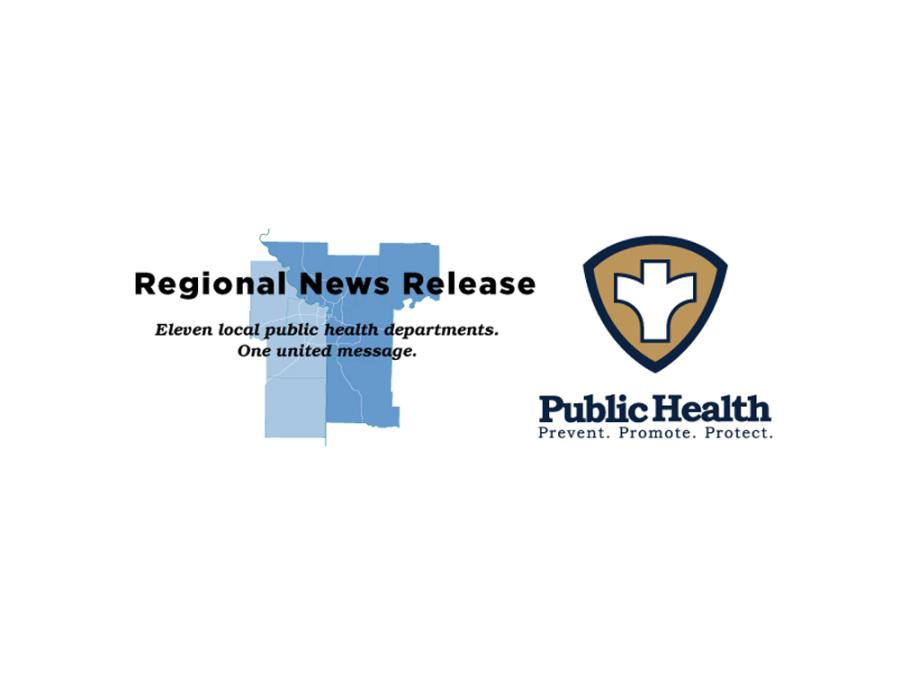As the number of COVID-19 cases continues to climb in the Kansas City region, local public health directors urge anyone with symptoms and those exposed to infected persons to get tested.
“Science demonstrates that people infected with COVID-19 can spread the virus to family, friends and members of their community, even if they show no symptoms,” said Juliann Van Liew, director of the Unified Government Public Health Department. “In order to control the pandemic, it’s incredibly important that we provide testing for everyone who has been exposed and those considered at risk,” said Van Liew.
Local health departments determined that testing criteria for COVID-19 across the metro will remain the same, despite recent changes to national testing guidance. Last week, the Centers for Disease Control and Prevention (CDC) modified its coronavirus testing guidelines to exclude people who are asymptomatic.
The CDC now says that people who have had close contact with an infected individual — typically defined as being within six feet of a person with the coronavirus and for at least 15 minutes — may not need a test if they do not have symptoms. The agency says considerations should be made for people if health care providers, state or local public health officials recommend testing.
“With the number of infections increasing across the metro, we need more testing, not less, to identify new cases and stop further transmission,” said Gary Zaborac, director of the Clay County Public Health Center. “Not testing all possible close contacts impacts the ability of local health departments to effectively investigate cases and conduct contact tracing — the two primary tools we have to slow the spread of this disease,” said Zaborac.
The incubation period for the virus that causes COVID-19 is between 2-14 days. If you get tested too early after exposure, it’s possible you could get a false-negative test. Based on the latest data, local public health experts advise people who have been exposed to COVID-19 to:
- Check with your local health department for their recommendations on when to get tested.
- Self-quarantine for 14 days after exposure, even if they test negative, as it can take that long for symptoms to appear.
To help reduce the spread, health experts also encourage everyone to protect others by practicing social distancing, washing hands often, staying at home if you are sick, wearing a cloth face mask and frequently cleaning high-touch surfaces.
To date, local health departments, hospitals and other health care providers across the region have tested 365,889 people for COVID-19, including essential workers, first responders, nursing home patients and staff, college students and other groups. According to the KC Region COVID-19 Data Hub, the metro currently has 33,809 cases and 484 deaths.
There are dozens of free community testing sites across the Kansas City region, as well as locations offered by private providers.
Visit preparemetrokc.org for more information on reducing your risk of illness from COVID-19.
###

